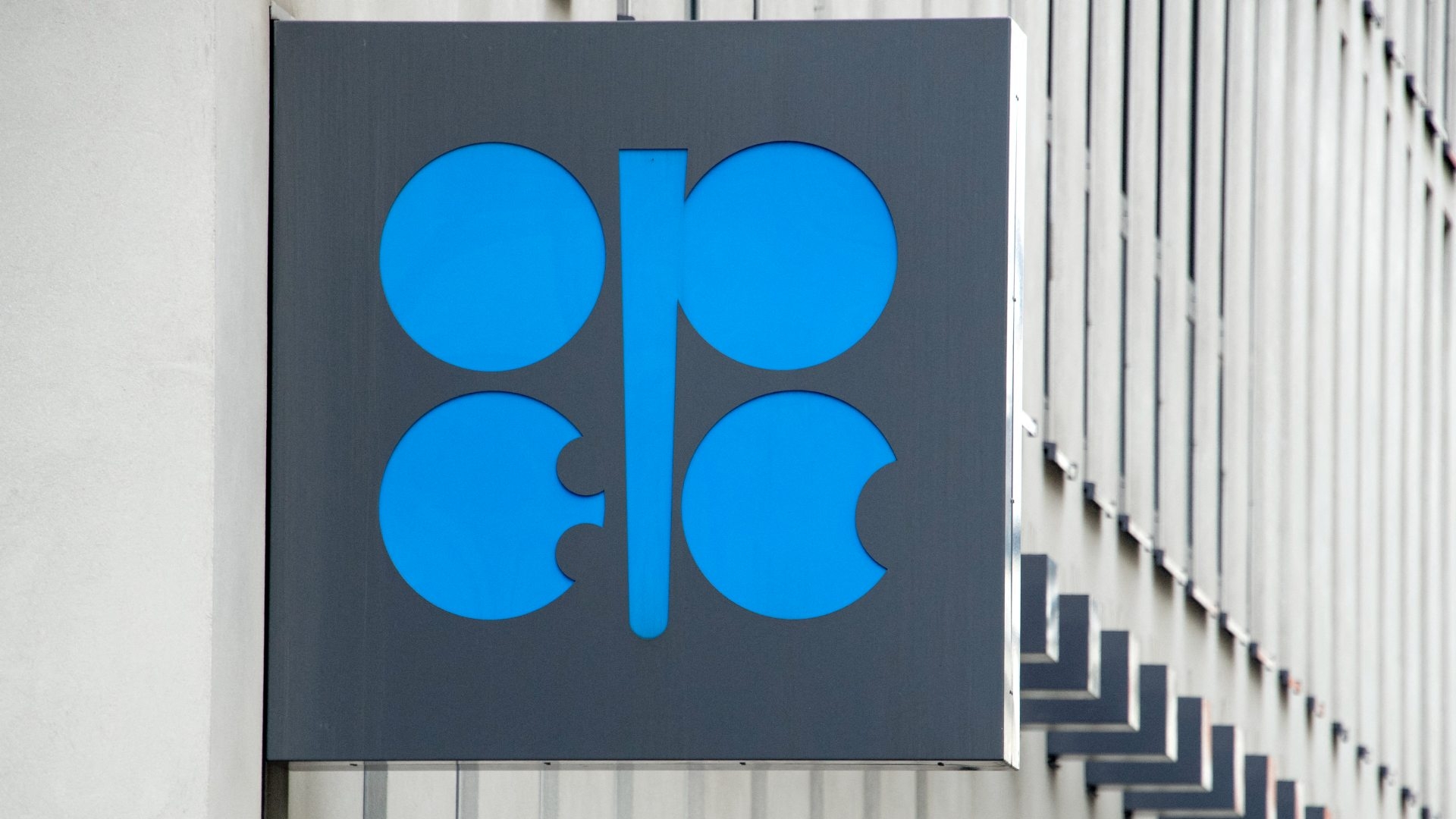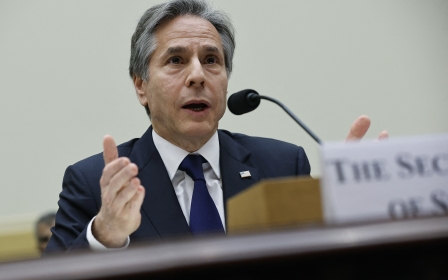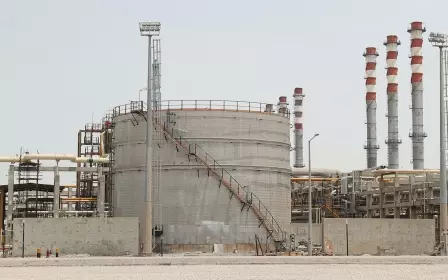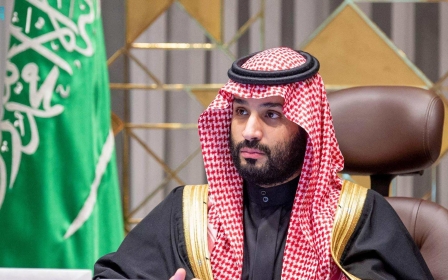US Senate committee passes bill pressuring Opec, Russia over high oil prices

A US Senate committee has passed a bill that could open the Organisation of the Petroleum Exporting Countries (Opec) and its partners, including Russia, to lawsuits for collusion on the rise in crude oil prices.
The No Oil Producing and Exporting Cartels (Nopec) bill, sponsored by Republican Chuck Grassley and Democrat Amy Klobuchar, passed 17-4 in the Senate Judiciary Committee on Thursday.
However, it will need to pass the full Senate and House and be signed by President Joe Biden in order to become law.
The bill would change US antitrust law to revoke the sovereign immunity that has long protected Opec and its national oil companies from lawsuits.
By doing so, the US attorney general would then have the power to sue Opec, its members such as Saudi Arabia or its partners like Russia, in federal court on charges including market manipulation.
"I believe that free and competitive markets are better for consumers than markets controlled by a cartel of state-owned oil companies ... competition is the very basis of our economic system," Klobuchar said in a statement.
White House spokesperson Jen Psaki said the administration has concerns about the "potential implications and unintended consequences" of the legislation and that the White House is still studying the bill.
Versions of the legislation have failed in Congress for more than two decades. But lawmakers are increasingly worried about rising inflation driven in part by prices for US gasoline, which briefly hit a record above $4.30 a gallon this spring.
Saudi Arabia and other Opec members have rebuffed requests by the US to boost oil production beyond gradual amounts, even as global oil consumption recovers from the Covid-19 pandemic and Russian supply falls after its invasion of Ukraine.
Opec+, a partnership between Opec members and other oil producers including Russia, agreed on Thursday to stick to its existing plans to reverse the curbs with modest increases for another month.
Calls to rebalance US-Saudi ties
The Nopec bill is intended to protect US consumers and businesses from engineered spikes in the cost of gasoline, but some lawmakers and oil lobbyists warn that it could have dangerous unintended consequences.
In 2019, Saudi Arabia threatened to sell oil in currencies other than the dollar if Washington passed Nopec, a move that could undermine the dollar's status as the world's main reserve currency, reduce Washington's clout in global trade and weaken its ability to enforce sanctions on nation-states.
The kingdom made similar news earlier this year when the Wall Street Journal reported that it was considering using the Chinese Yuan in oil deals with Beijing.
Senator John Cornyn, a Republican from Texas, the top US oil-producing state, opposed the bill, saying it could prompt Opec to restrict shipments to the country.
'The main reason gas prices are sky high is that Saudi Arabia and the UAE are deliberately helping Russia'
- Tom Malinowski, US congressman
"If we really want to deal with price at the pump, we ought to produce more oil and gas here in America," Cornyn said.
The bill is also opposed by the American Petroleum Institute, a top oil and gas lobbying group. In a letter to the committee's leaders, API said Nopec "creates significant potential detrimental exposure to US diplomatic, military and business interests while likely having limited impact on the market concerns driving the legislation".
The bill, meanwhile, comes amid a growing attitude in Congress to punish Saudi Arabia for its refusal to cooperate with the US on a response to the Russian invasion of Ukraine as well as a number of human rights issues.
Last month, a group of leading lawmakers sent a letter to US Secretary of State Antony Blinken, calling on the administration to rebalance ties with Riyadh, citing Saudi Arabia's refusal to boost oil production in recent months.
Tom Malinowski, a Democratic congressman, tweeted on Thursday: "The main reason gas prices are sky high is that Saudi Arabia and the UAE are deliberately helping Russia, and undercutting our sanctions, by refusing to increase oil production".
The congressman also recently sent a letter to the administration seeking to rein in any countries receiving American weapons while also being involved in the harassment of dissidents living in the US.
Middle East Eye propose une couverture et une analyse indépendantes et incomparables du Moyen-Orient, de l’Afrique du Nord et d’autres régions du monde. Pour en savoir plus sur la reprise de ce contenu et les frais qui s’appliquent, veuillez remplir ce formulaire [en anglais]. Pour en savoir plus sur MEE, cliquez ici [en anglais].





